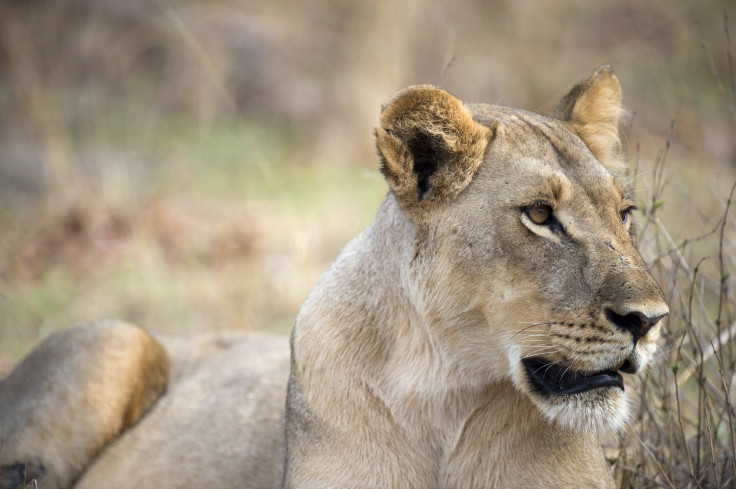Zimbabwe’s Wild Animals For Sale: National Parks Forced To Sell Wildlife Amid Drought

If you’re in the market for African wildlife, you could get a good deal in Zimbabwe. The drought-racked country put its wild animals up for sale Tuesday in a bid to ease financial pressure on its national parks, which are struggling to support Zimbabwe’s huge populations of buffalo, elephants, leopards, lions and rhinos, Reuters reported.
A long drought across southern Africa has devastated vital crops and water sources, leaving millions of Zimbabweans food insecure. The drier climes have been attributed to El Niño, a warming of the equatorial Pacific Ocean that has affected rainfall across southern and eastern Africa over the past year. Weather agencies worldwide have said the current weather phenomenon could become the strongest on record.
The Zimbabwean government is already strapped for cash. Its rigid labor laws and poor reform policies have dissuaded investment and loan commitments across East and West, according to the Heritage Foundation, a conservative think tank in Washington. President Robert Mugabe has relied on South Africa and China as the country’s top two trading partners. But economic woes in both nations could mean even less money flowing into Zimbabwe.
These issues, combined with a growing wildlife population, are straining Zimbabwe’s 10 national parks. The Parks and Wildlife Management Authority said it receives little state funding and barely scrapes by on what it earns from hunting and tourism. The Bubye Conservancy, a private game park in southern Zimbabwe, could be forced to cull, or selectively kill, 200 lions due to overpopulation, the Telegraph reported in February.
"In light of the drought ... Parks and Wildlife Management Authority intends to destock its parks estates through selling some of the wildlife," the authority said in a statement. Interested members of the public “with the capacity to acquire and manage wildlife” and enough land to contain the animals should contact officials. It was not immediately clear which animals are up for sale and how much they cost. There was also no mention of foreign buyers.
Parks and Wildlife Management Authority spokeswoman Caroline Washaya-Moyo would not say how many animals the agency wanted to sell or whether they could be exported. “We do not have a target. The number of animals depends on the bids we receive,” she told Reuters Tuesday.
Zimbabwe exported scores of baby elephants last year, which officials said can bring $40,000 to $60,000 each, according to National Geographic. Most of the elephants were shipped to China, where they are slaughtered en masse for their ivory tusks. Wildlife conservation and animal welfare groups protested the elephant exports, saying they could subject the young mammals to cruelty and encourage a dangerous trend.
© Copyright IBTimes 2024. All rights reserved.





















